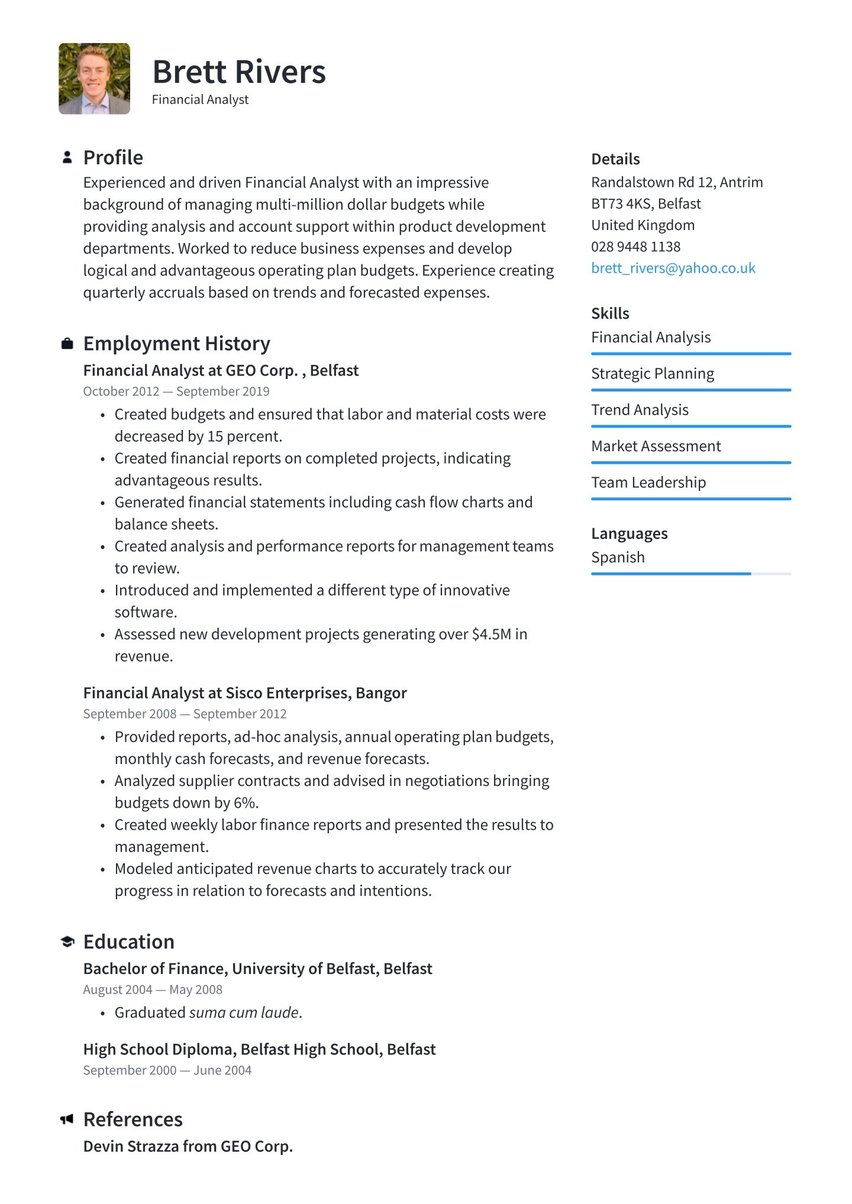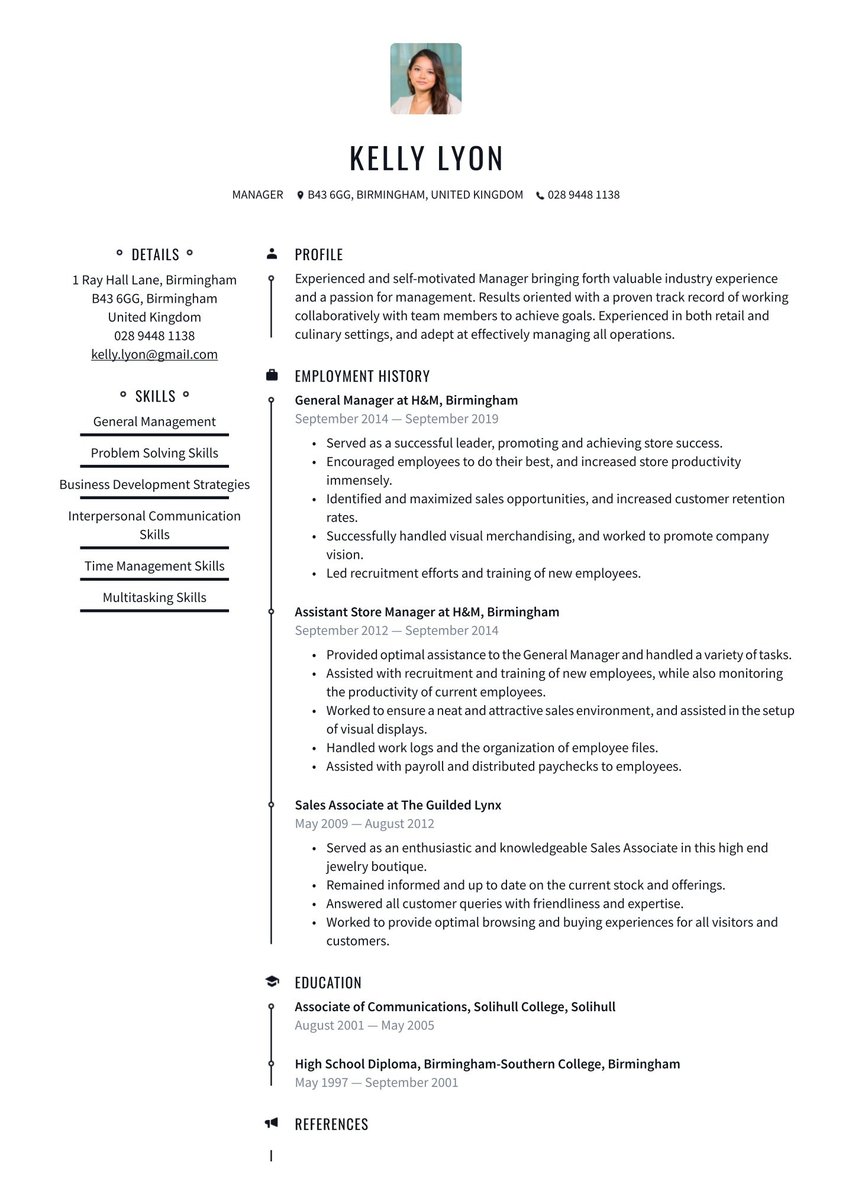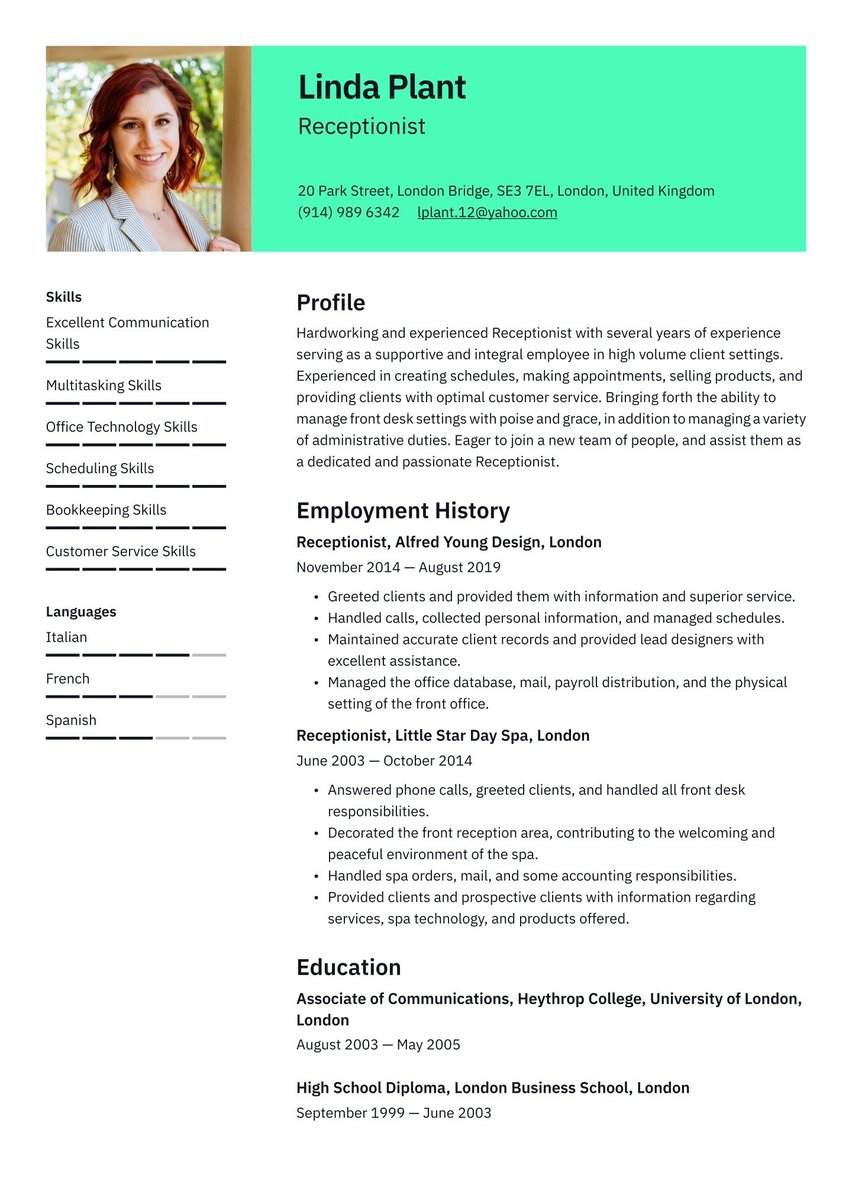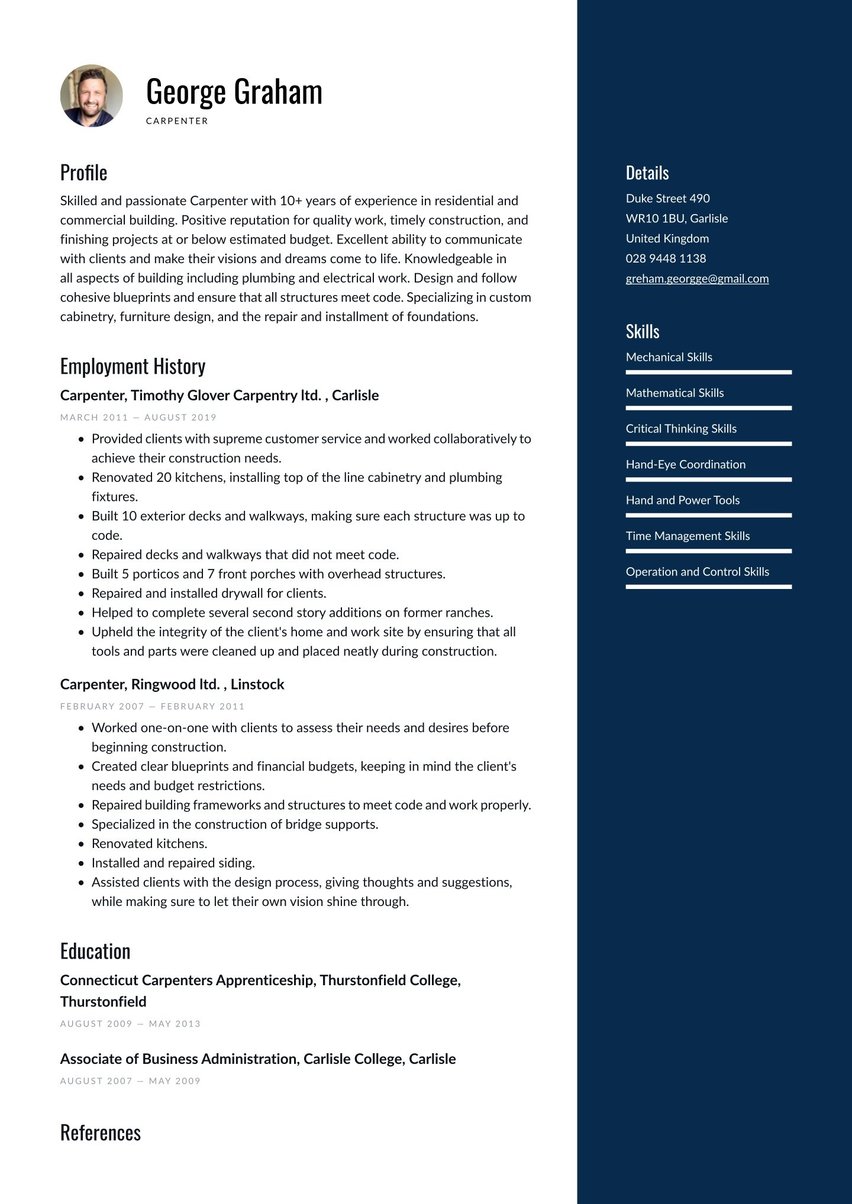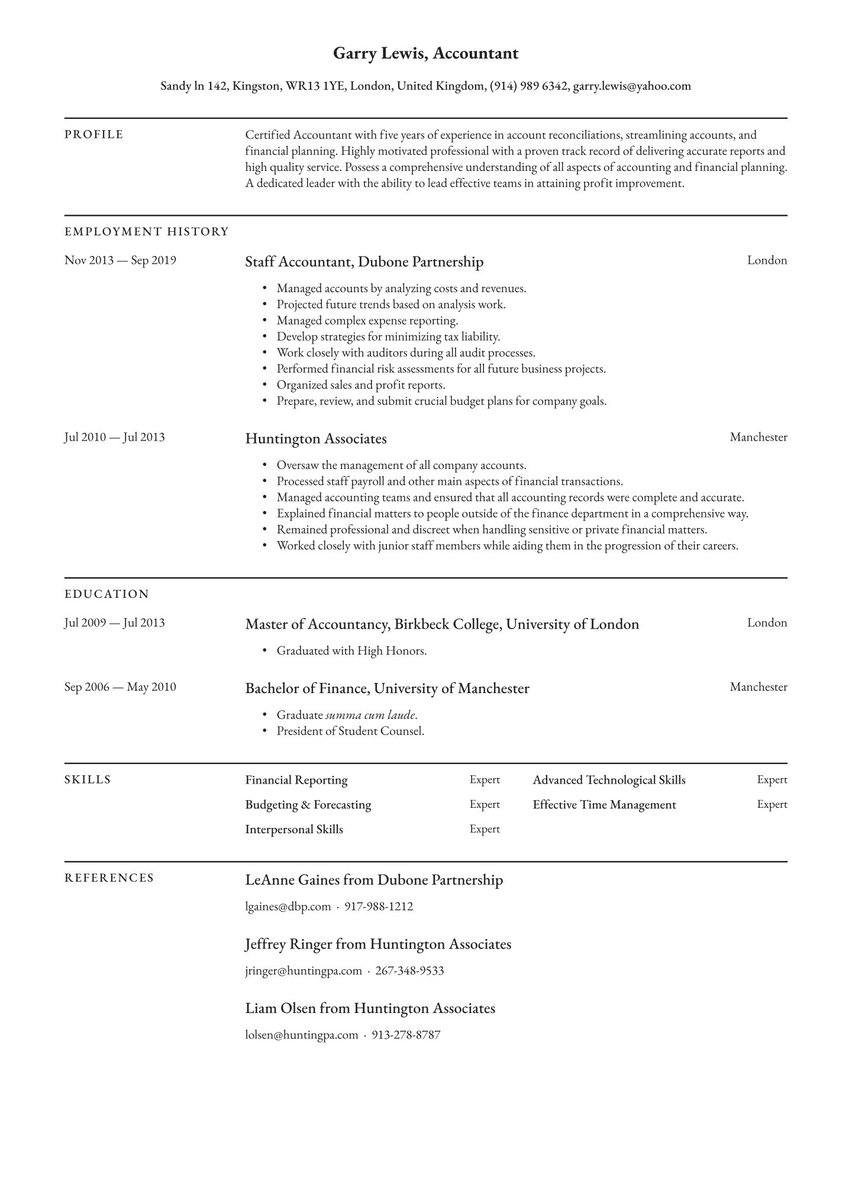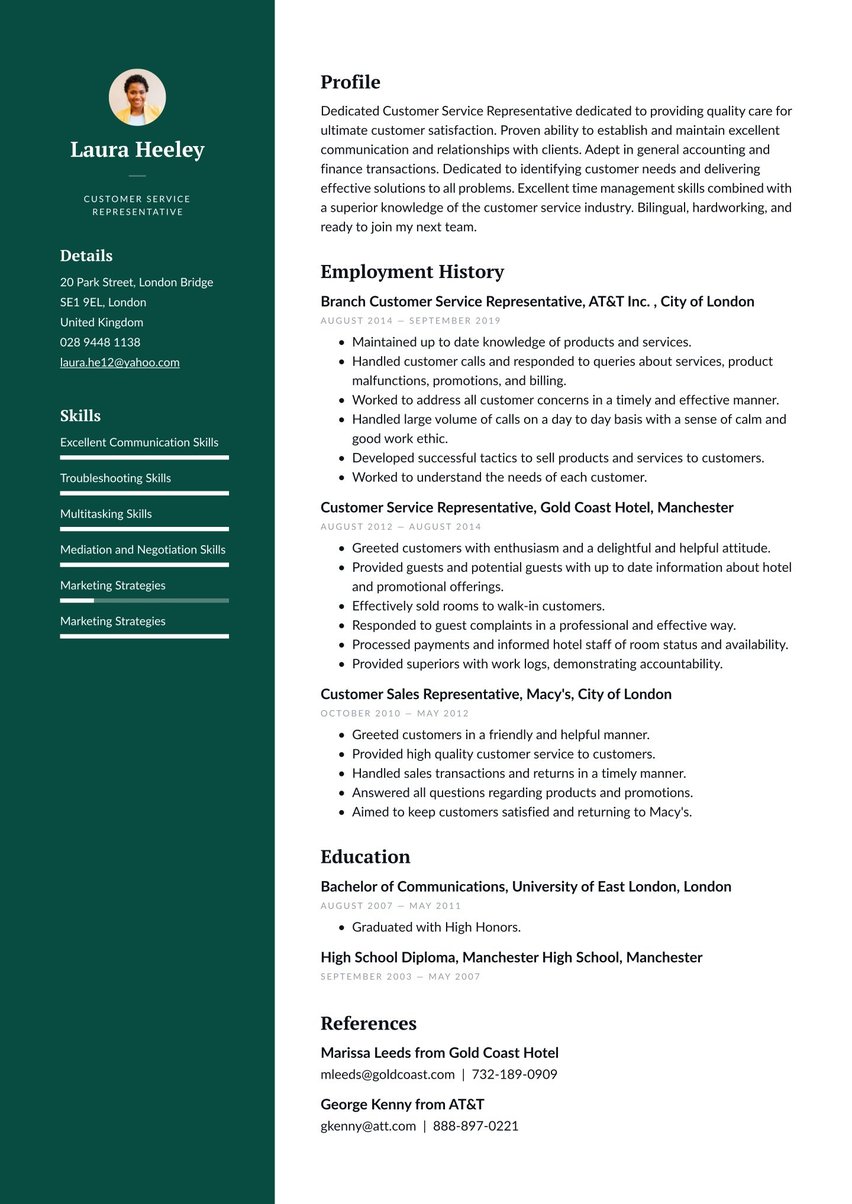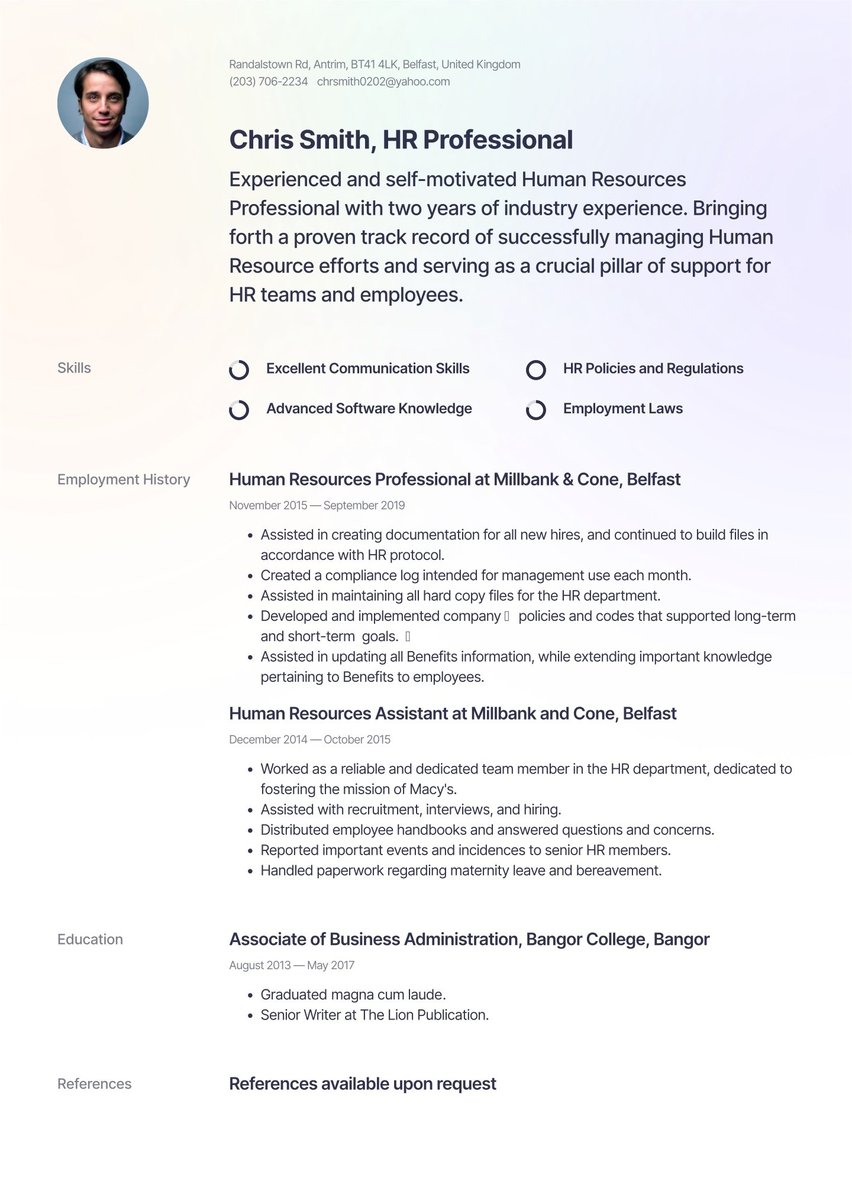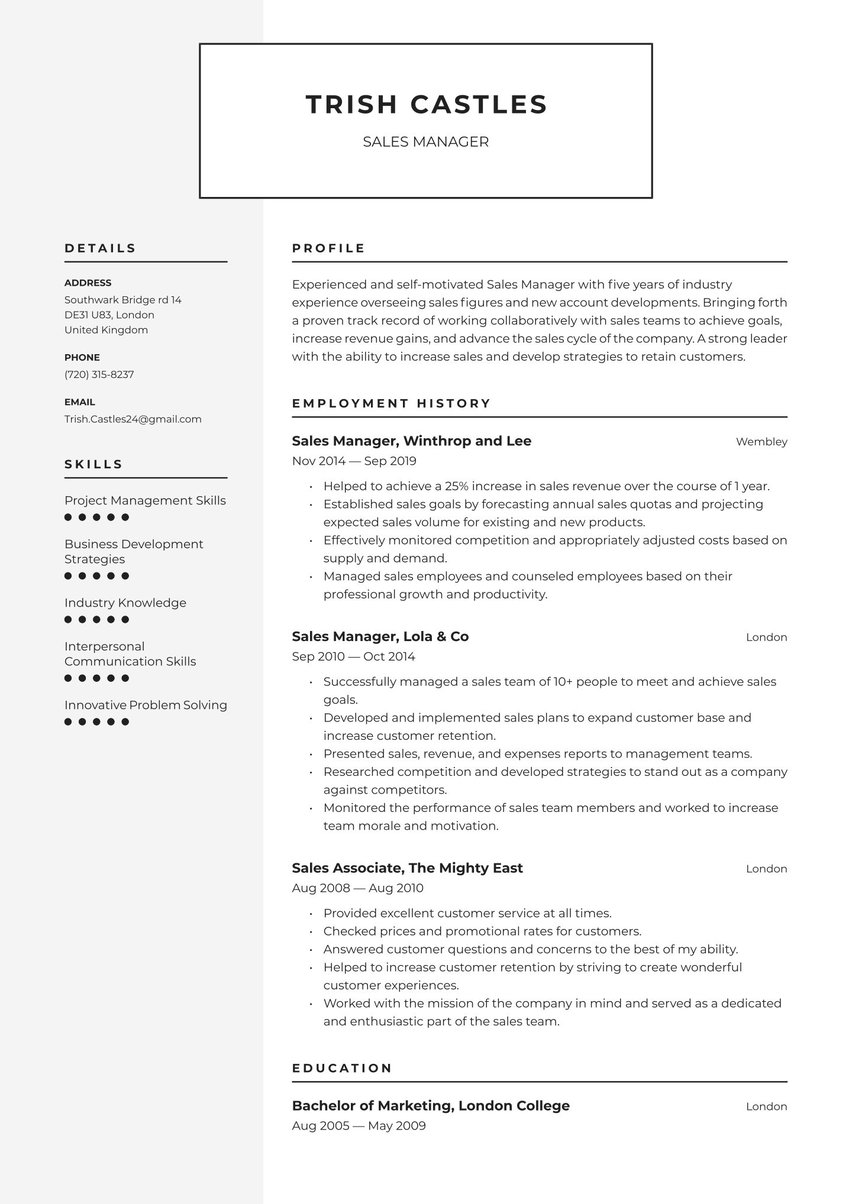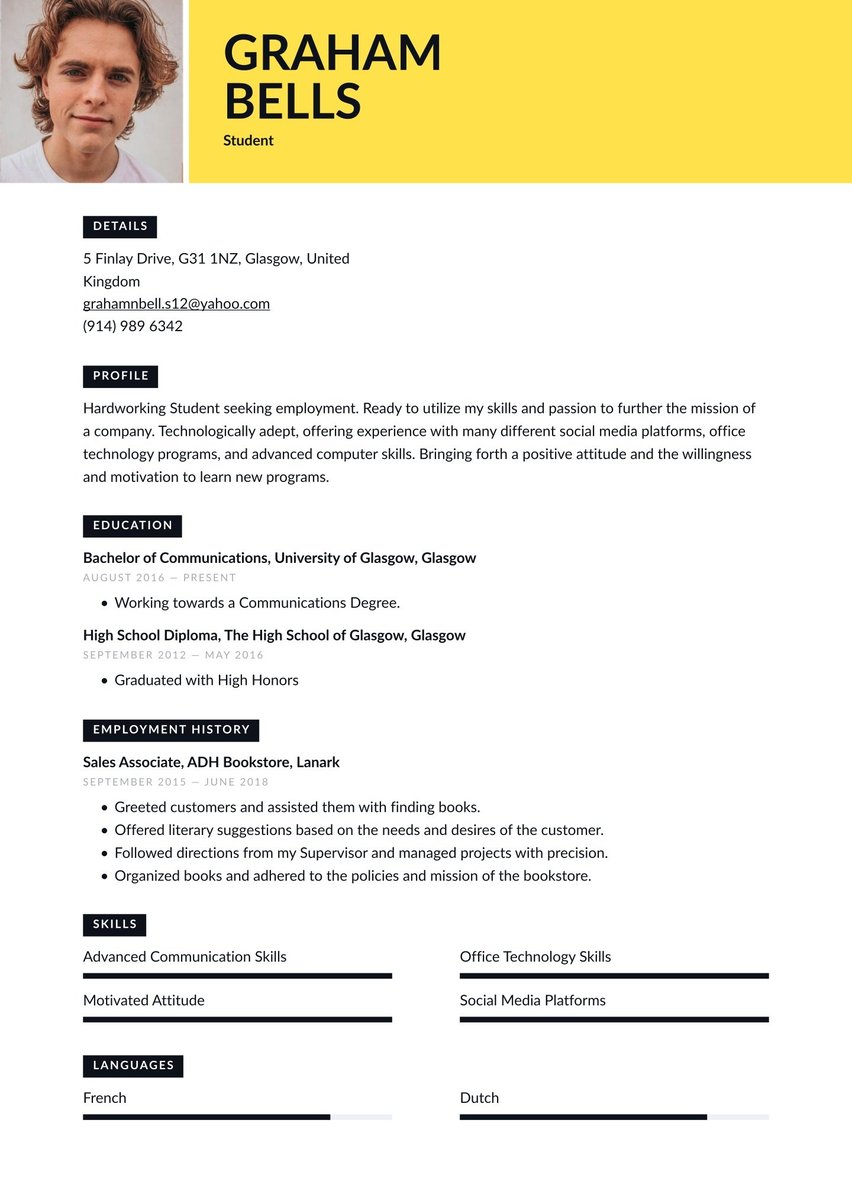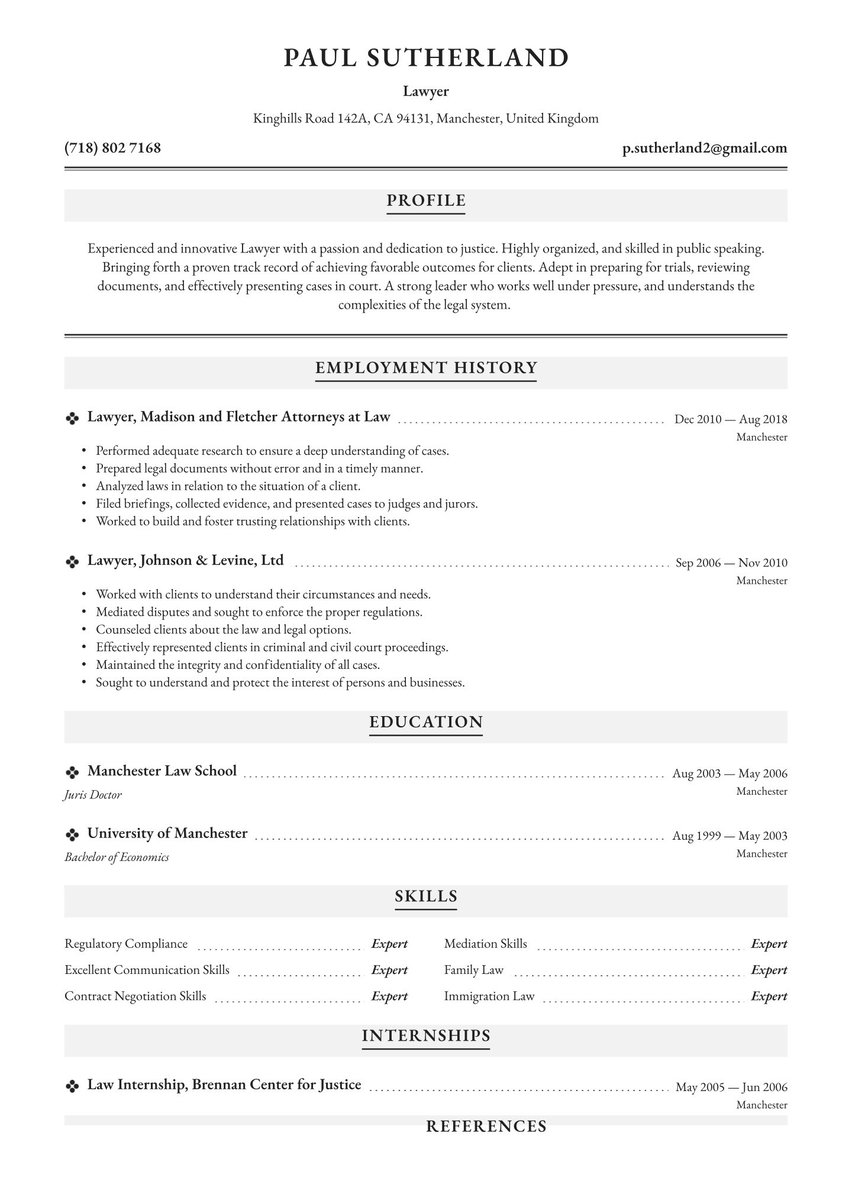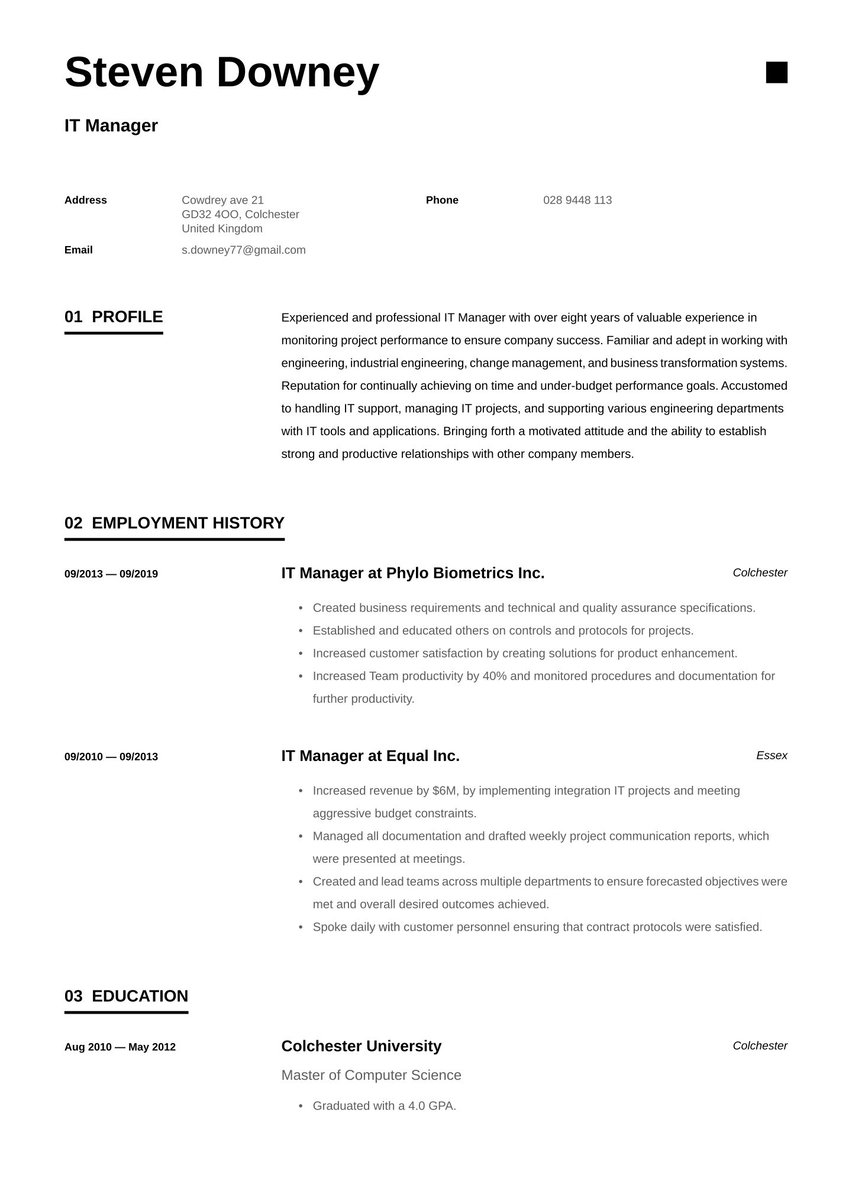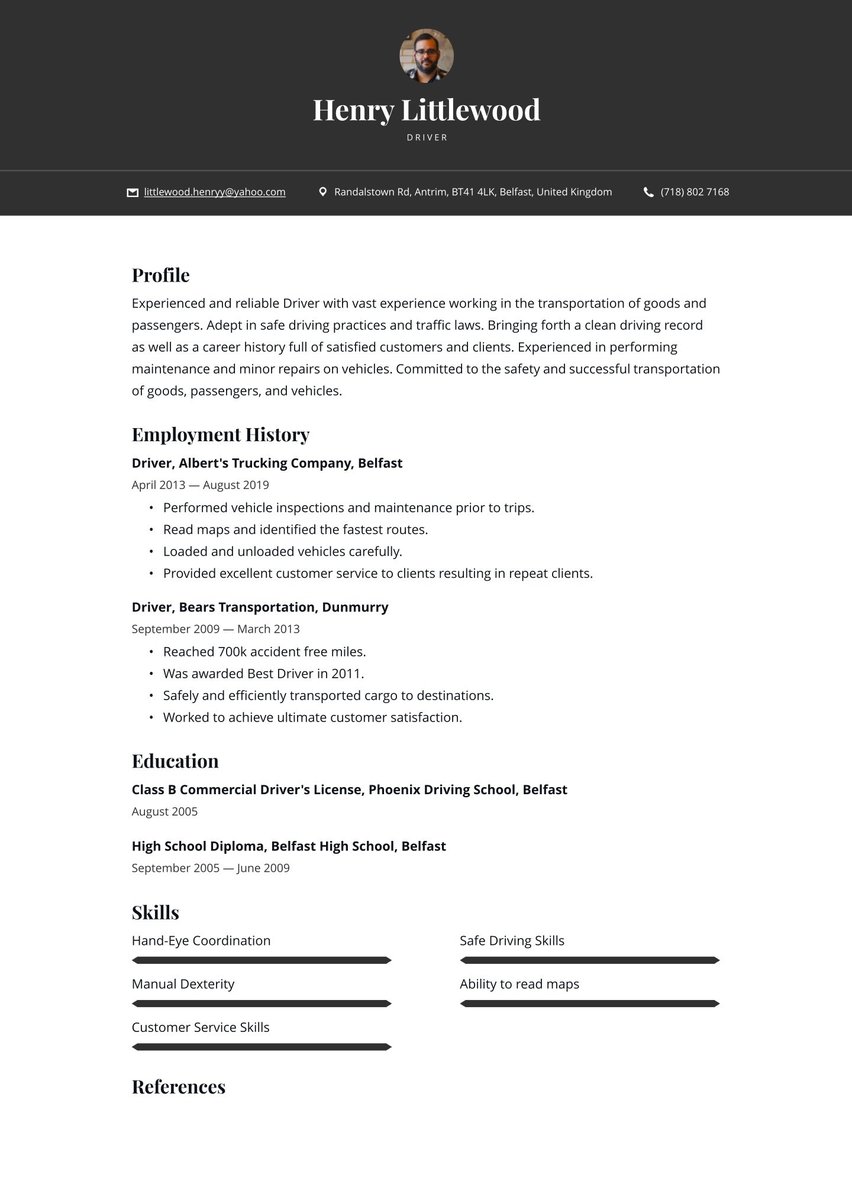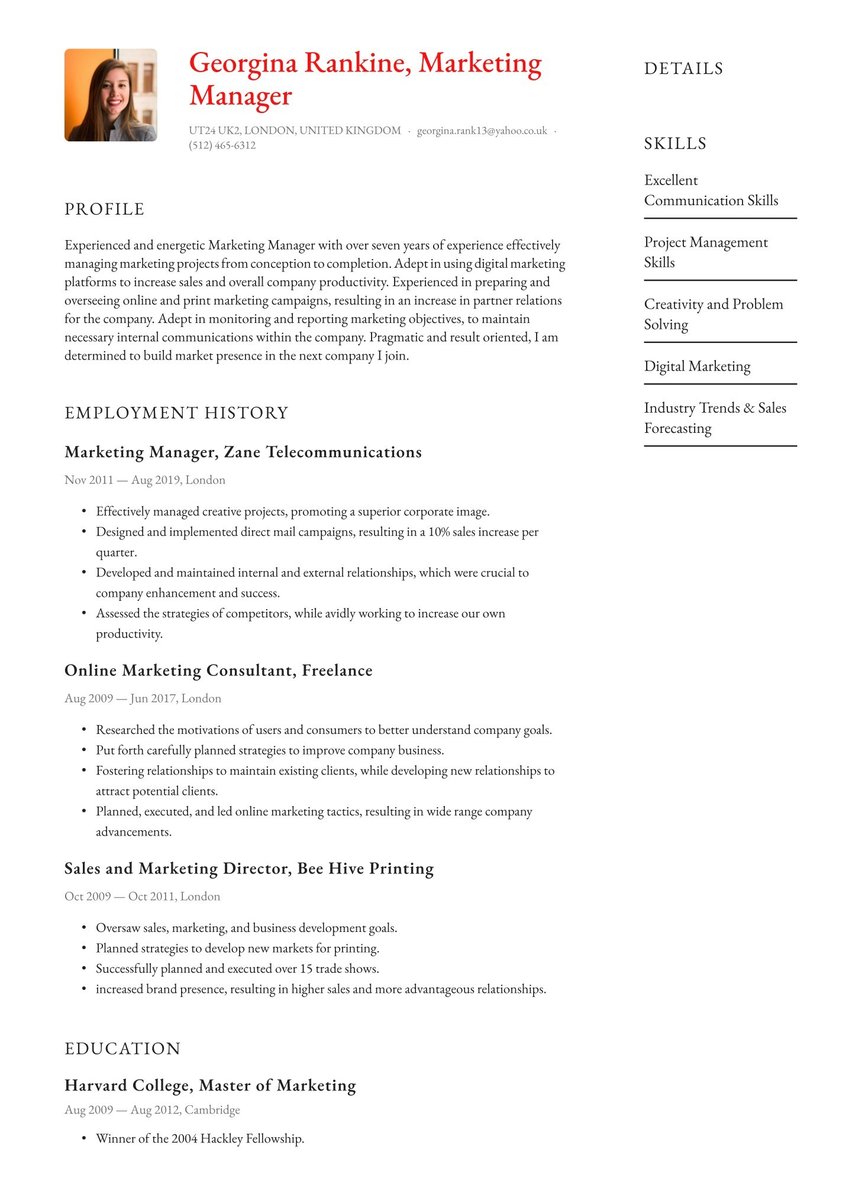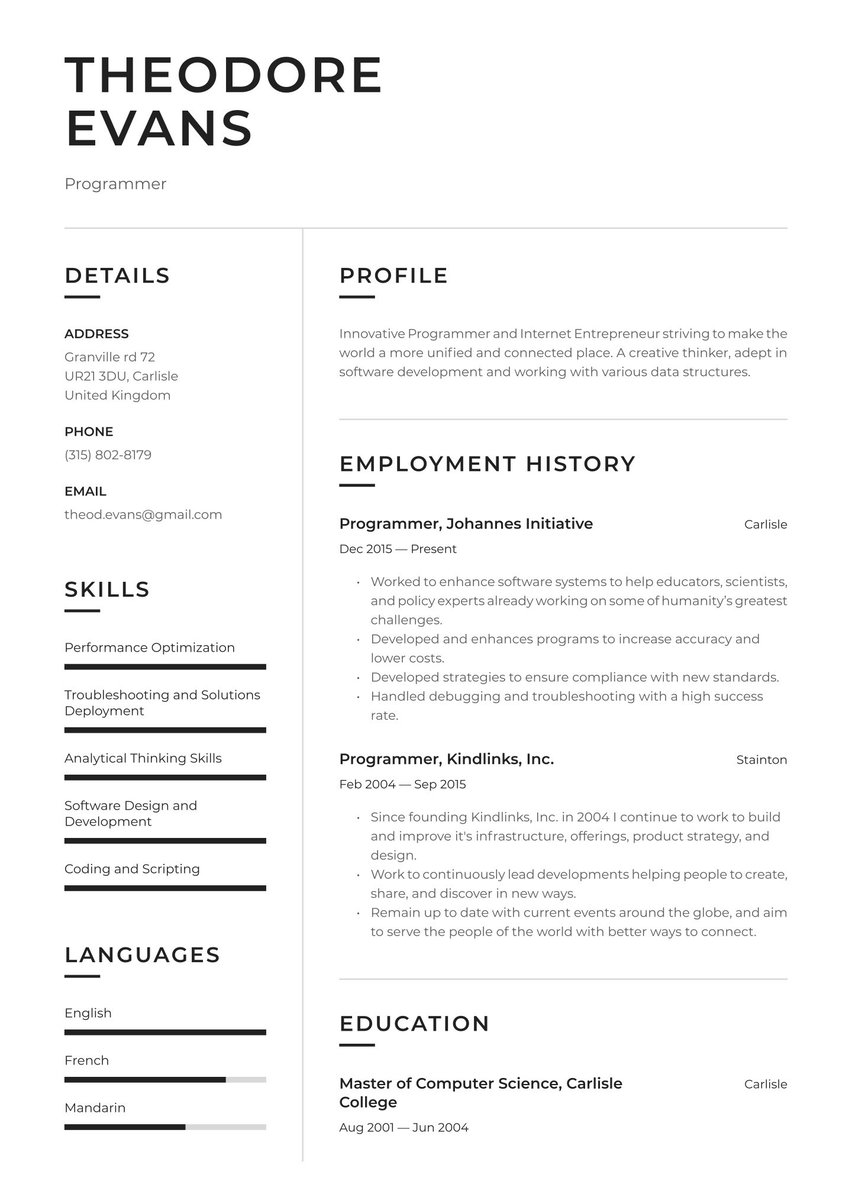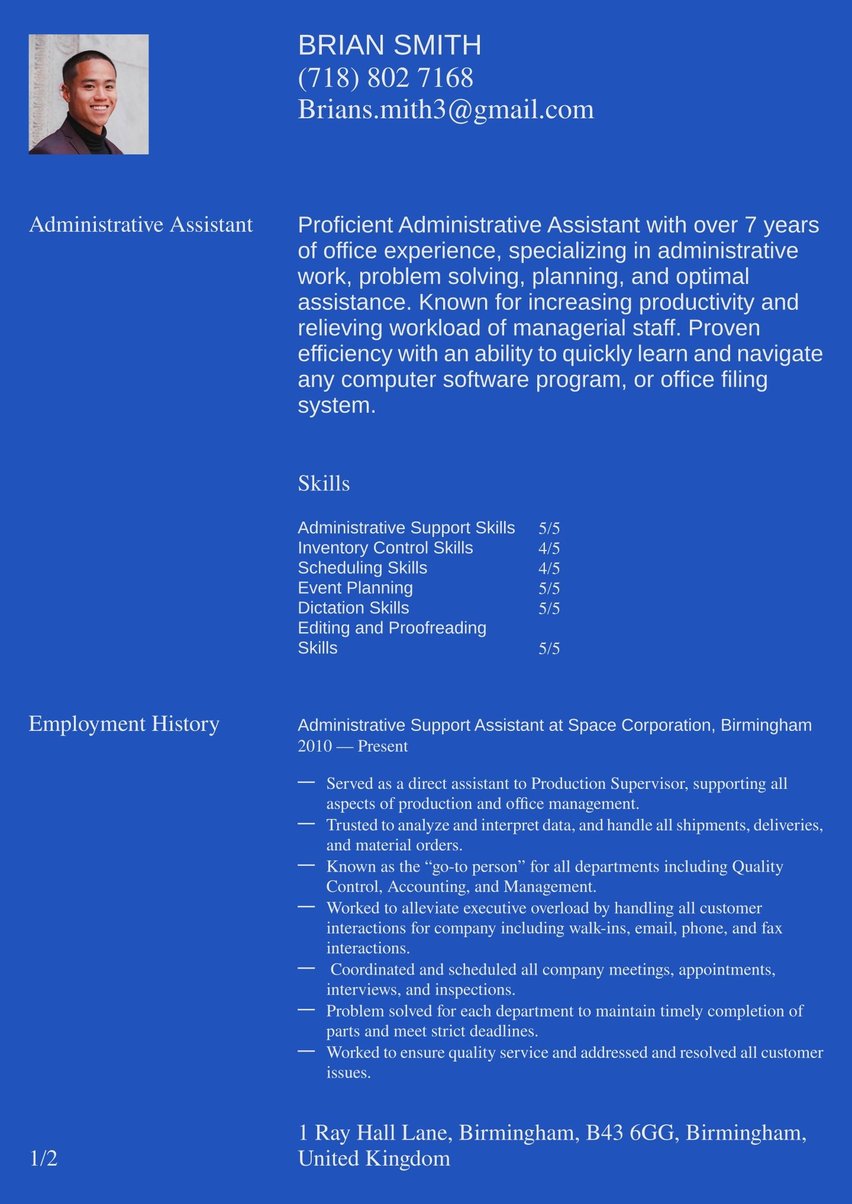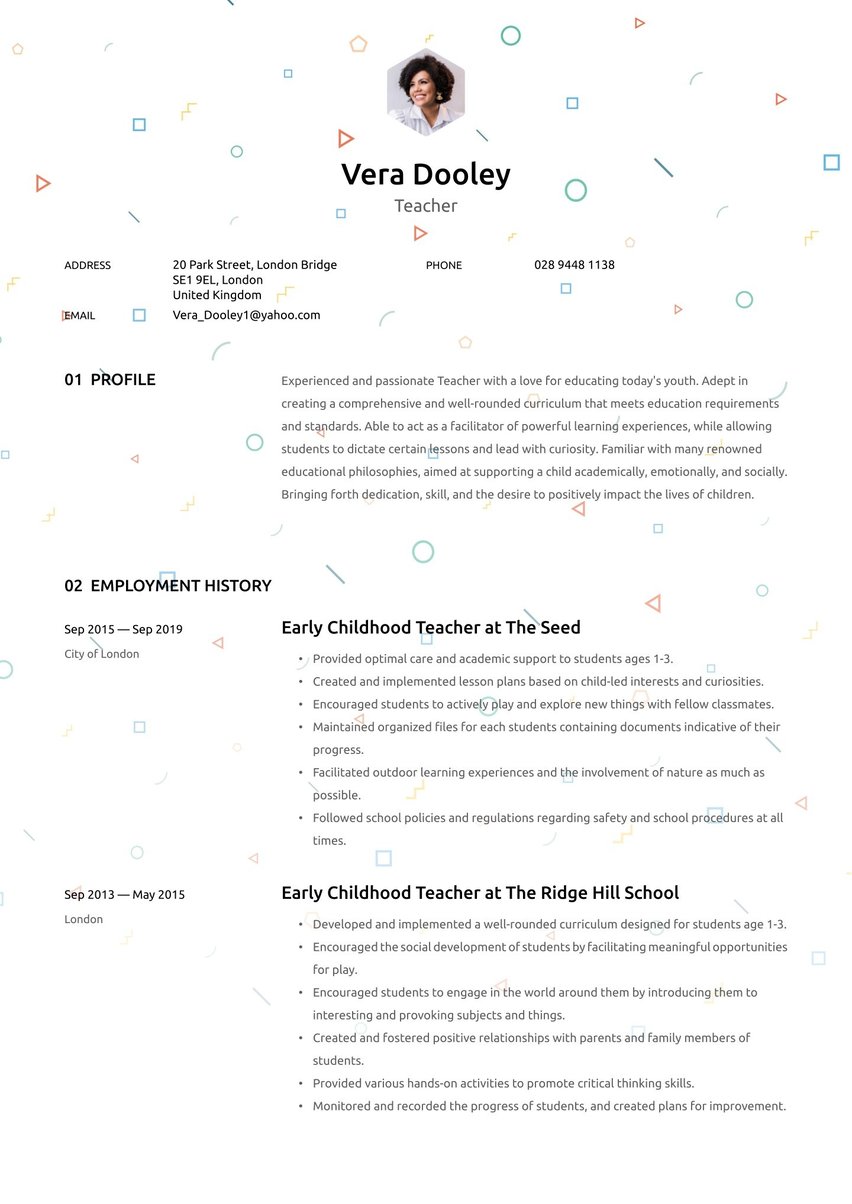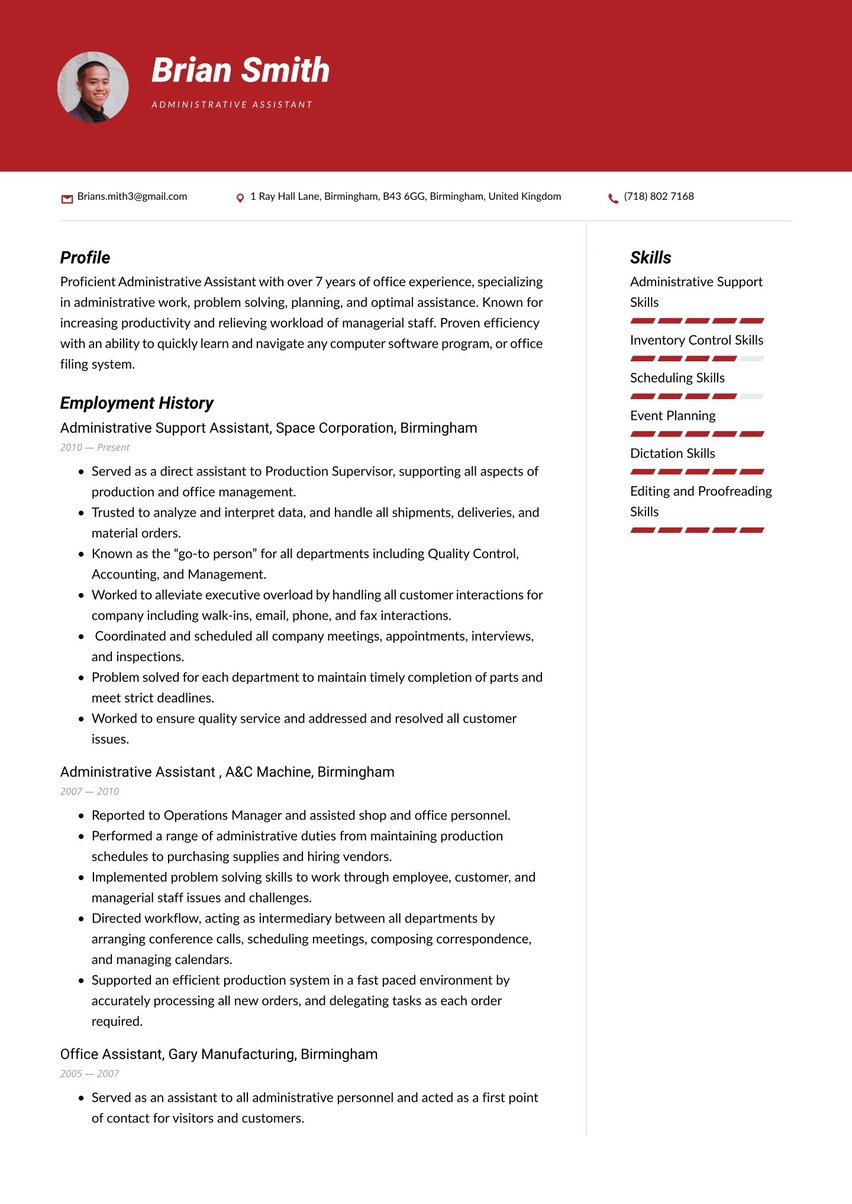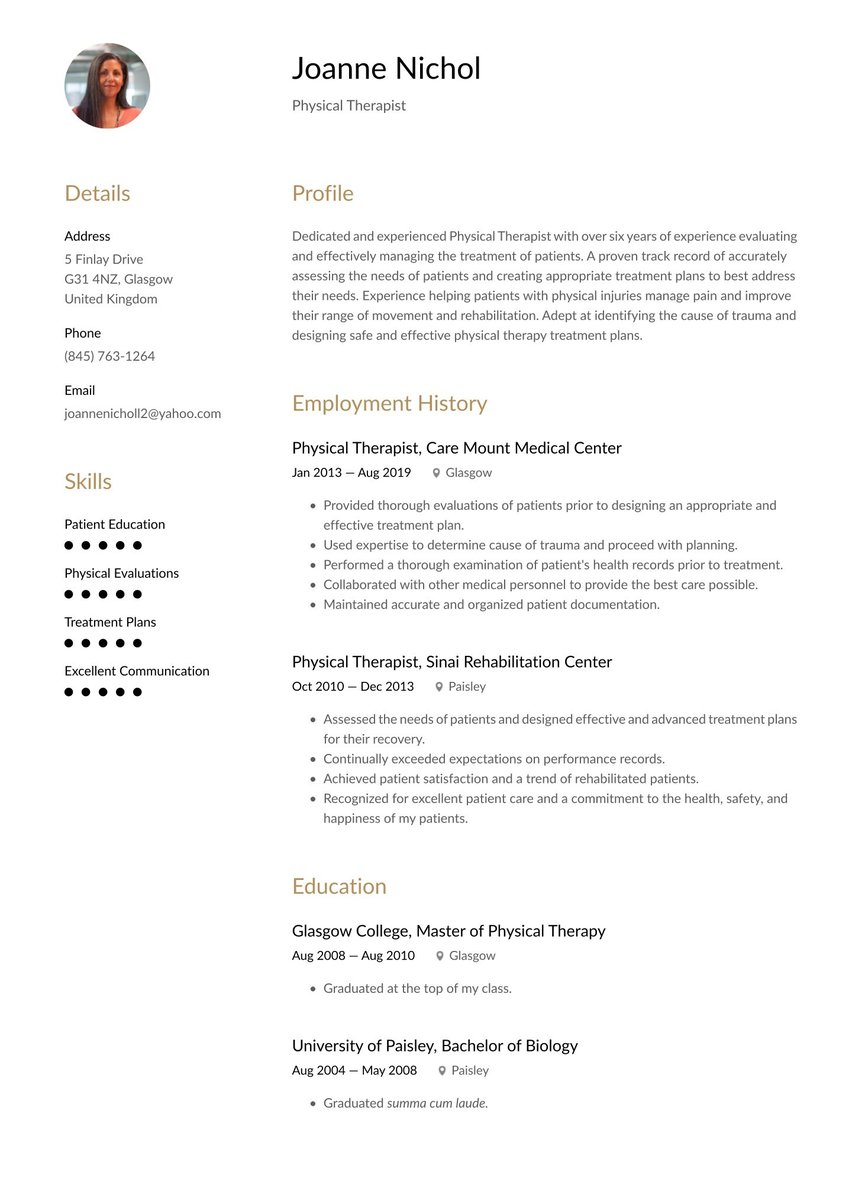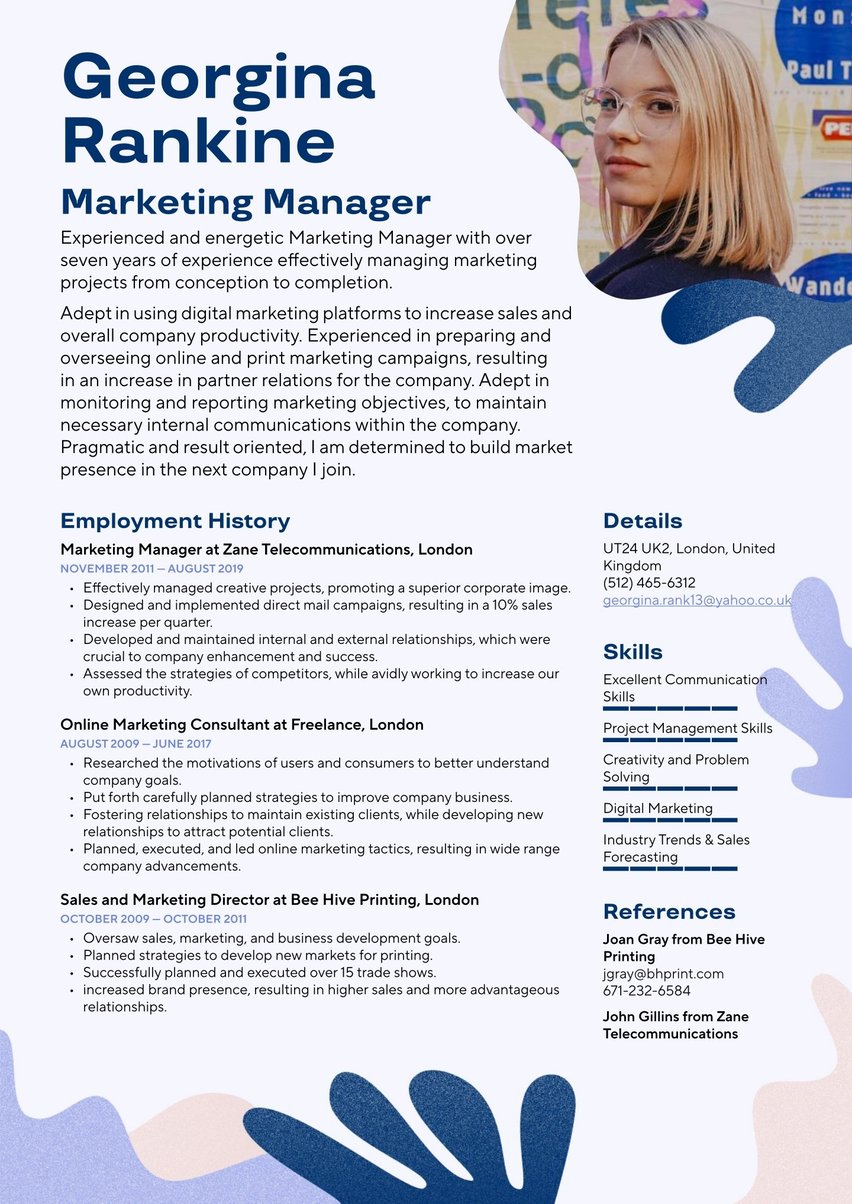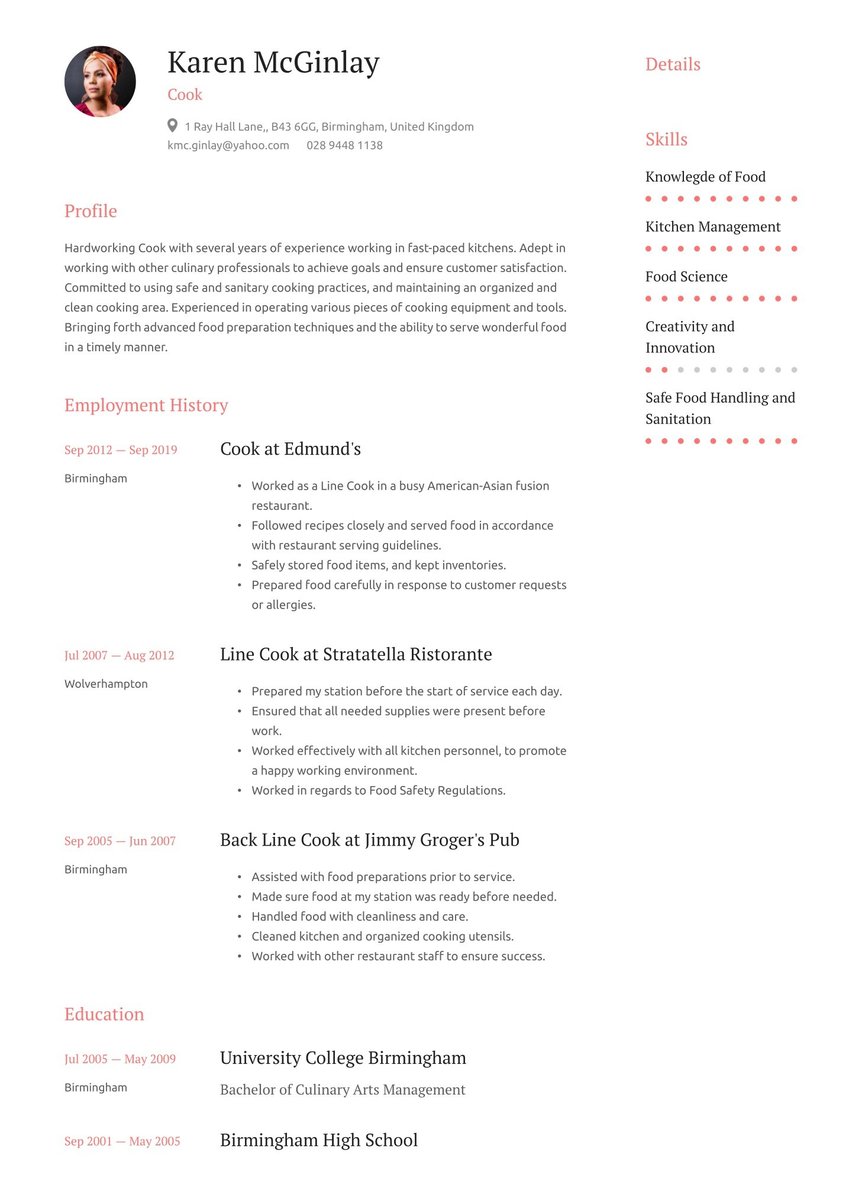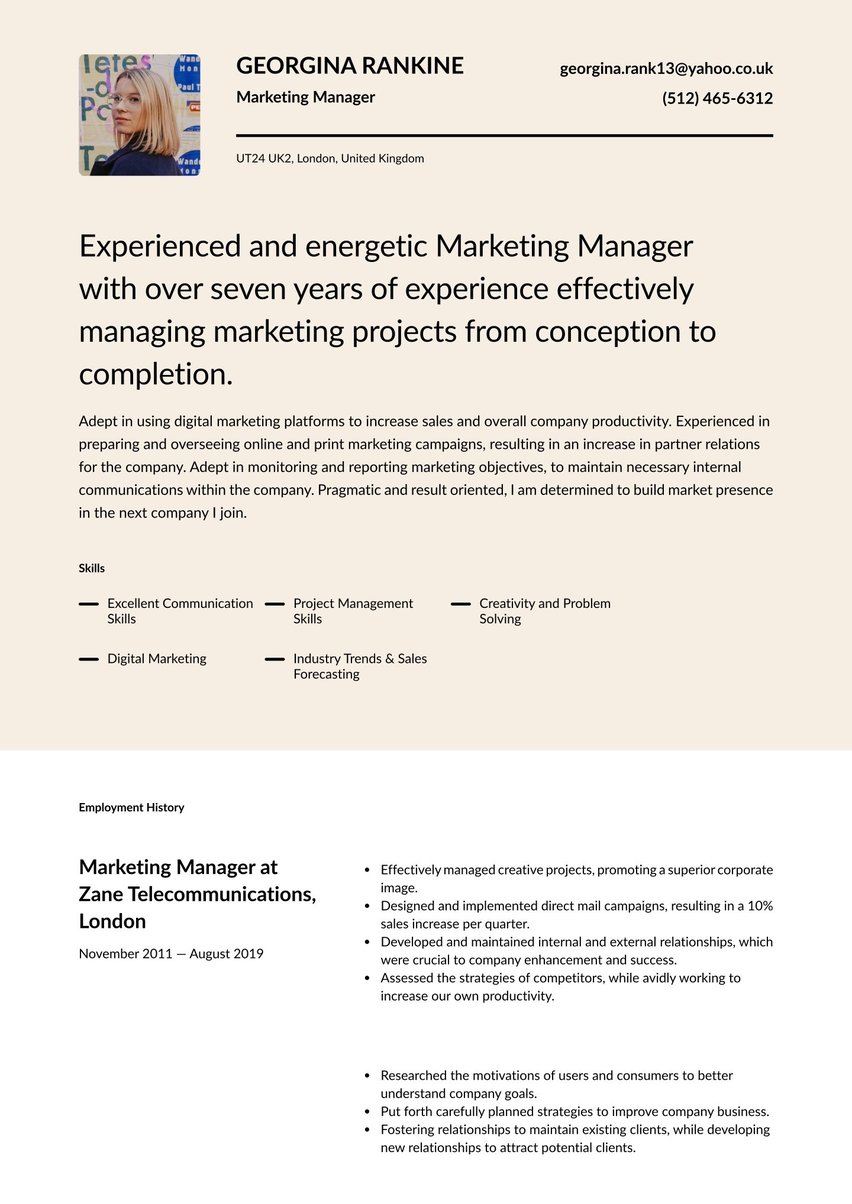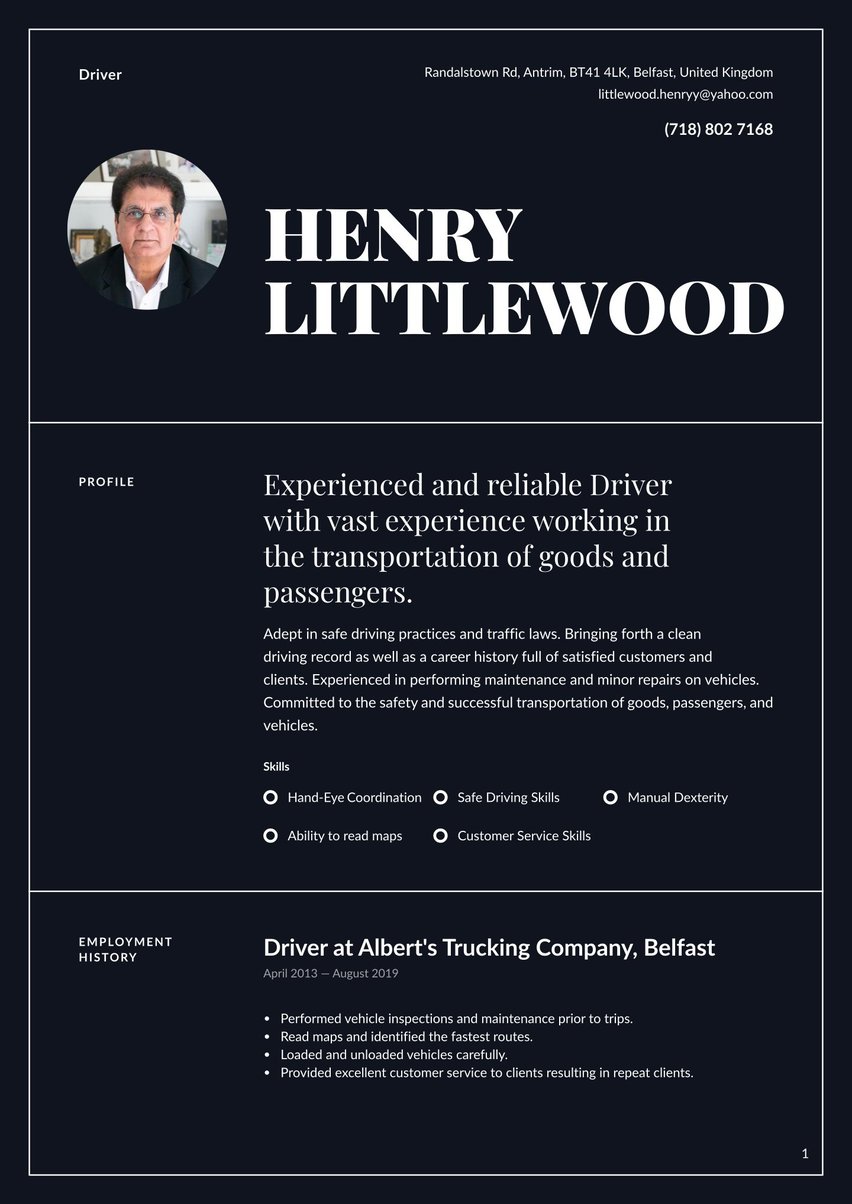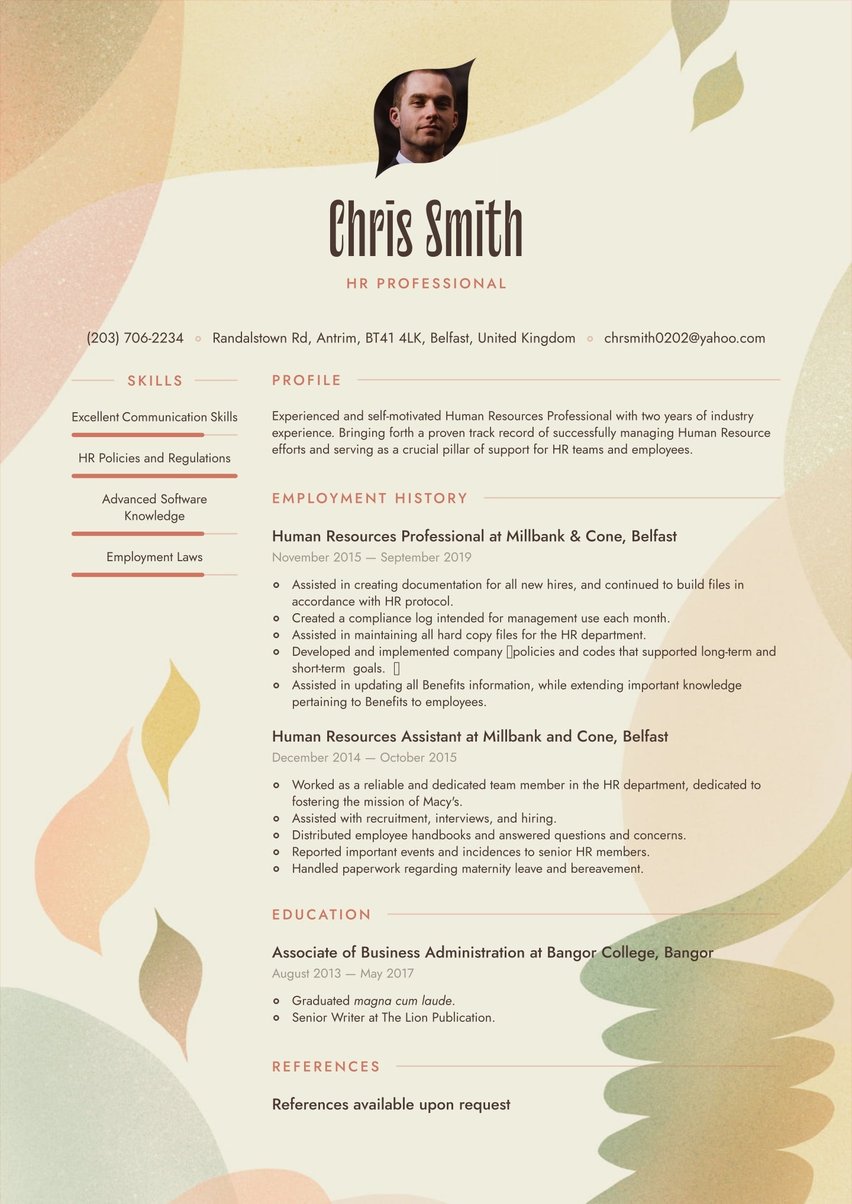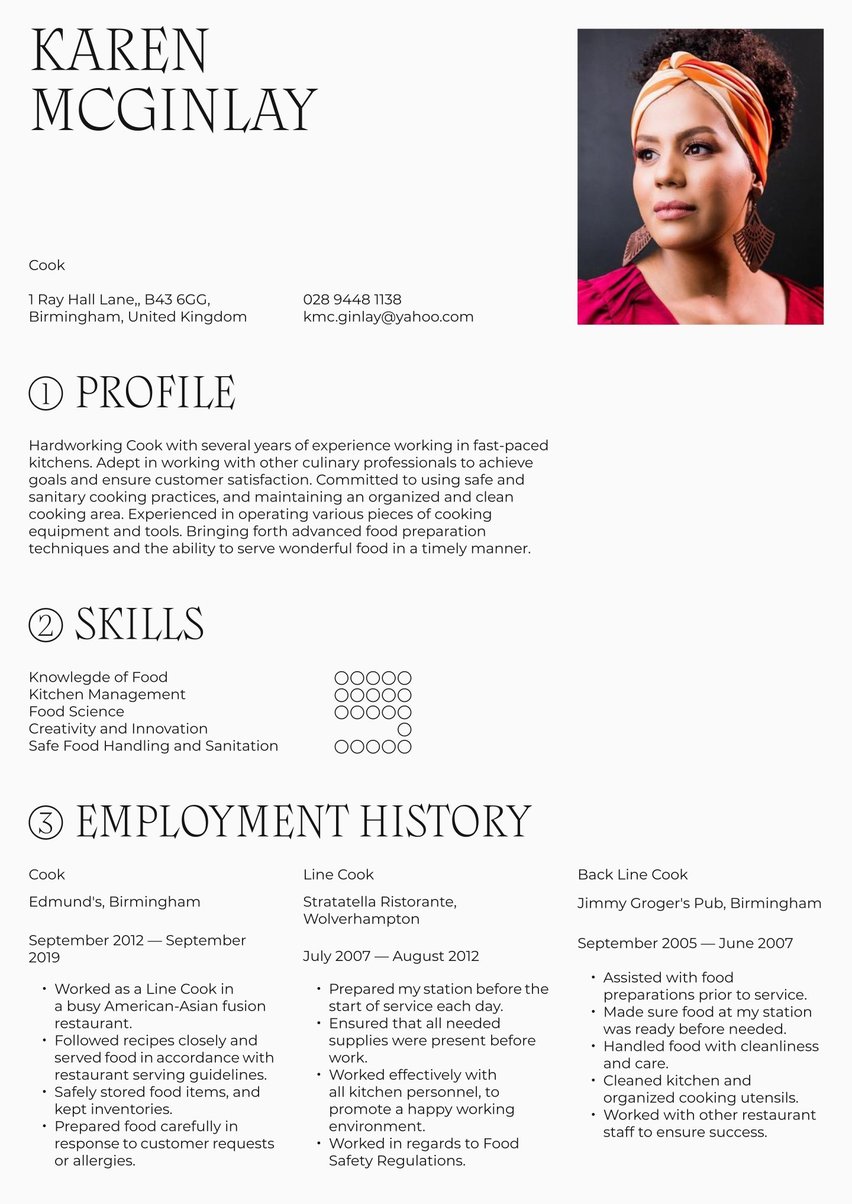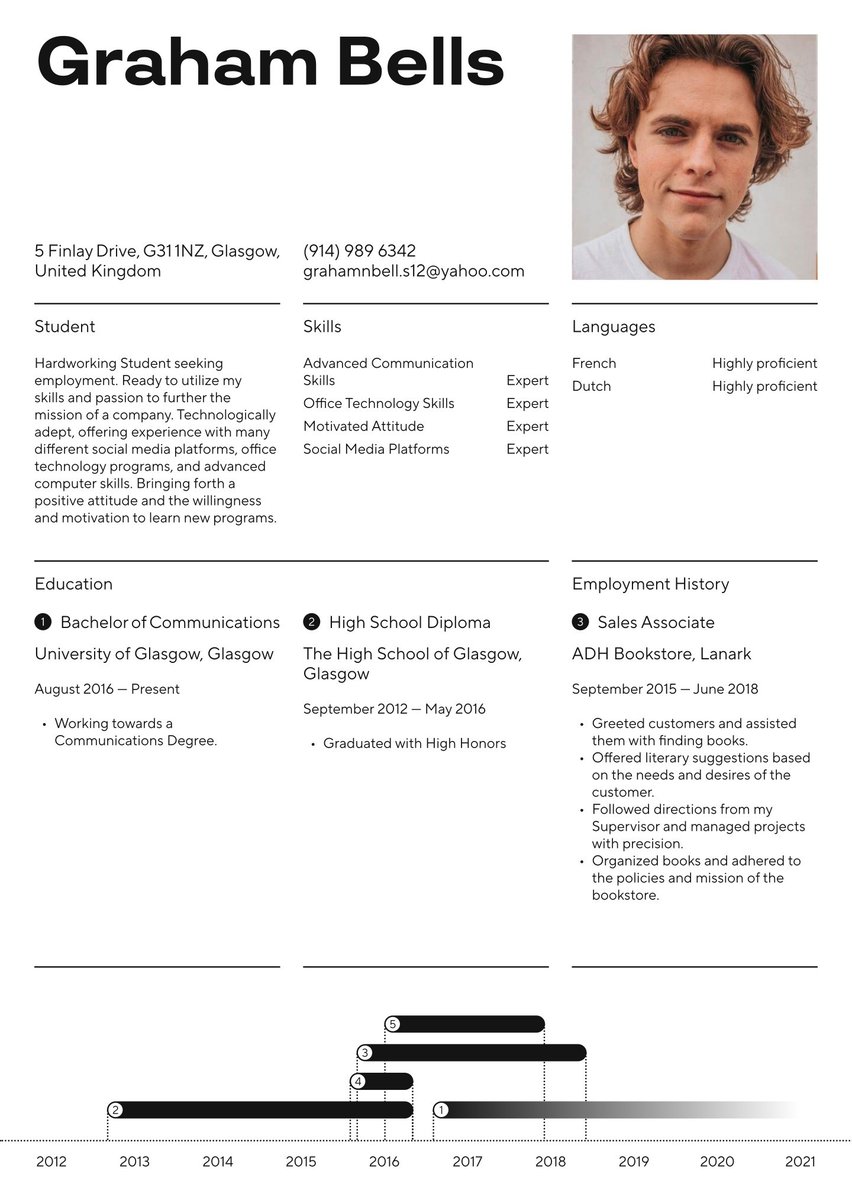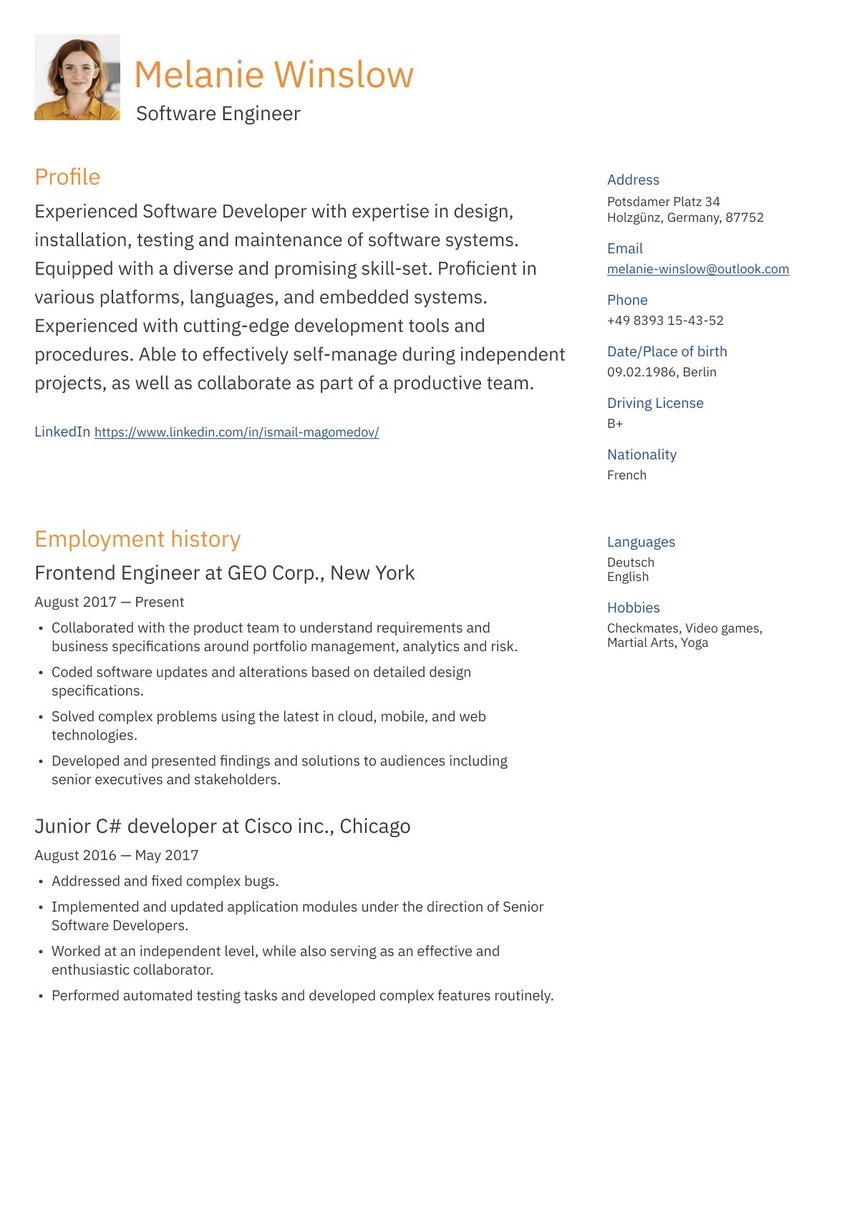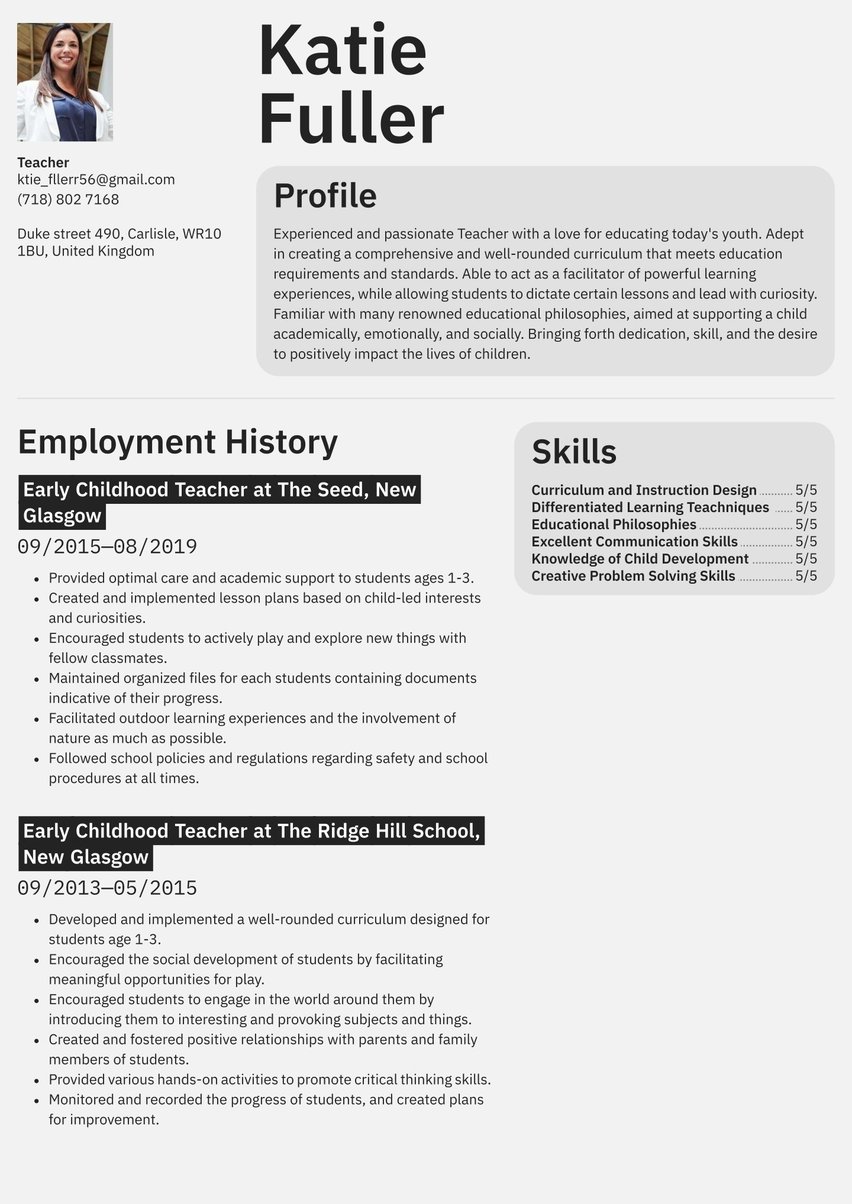Dynamic financial leader dedicated to empowering top-tier business value. Proven capacity for analysing and evaluating business operations to generate performance and opportunity insights. Extensive history of effective investment strategy and guidance, enabling businesses to achieve ambitious value targets. Strong talent for partnering with clients and stakeholders on a global scale, ensuring exceptional outcomes across all business and financial needs.
09/2017 - 04/2023, Investment Manager, Yeung Legal, London, UK
- Provided informed, effective investment and financial advisory services, partnering with diverse clients to steer financial growth and gain.
- Engaged with portfolio companies to identify key needs and shape comprehensive financial control frameworks, enabling optimal performance and streamlined reporting.
- Advised on financial and strategic decision-making, engaging investor, management teams, and client founders.
01/2012 - 07/2017, Financial Analyst, London Operational Hub, Elephund, London, UK
- Performed financial data analysis and interpretation, building insights into business financial state to develop detailed recommendations for leadership.
- Improved reporting processes, establishing consistent reporting practices to deliver significant reductions in reporting time.
- Consulted with internal and external stakeholders to shape long-term financial strategies, leveraging deep knowledge of business current state and future vision to create impactful action plans.
01/2011 - 12/2011, Research Analyst, Strategic Services, Inc., London, UK
- Conducted due diligence research and financial data analysis, building bespoke financial recommendations for diverse global clients.
- Spearheaded internal improvements, implementing new processes and leading technologies to ensure the delivery of best-in-class financial and strategic services for customers.
09/2006 - 12/2010, Master of Business in Finance and Accounting, London Metropolitan University, London, UK
09/2001 - 12/2005, Bachelor of Science in Economics, Imperial College London, London, UK
- German
- French
- Financial Leadership
- Portfolio Management
- Investment Strategy
- Client/Stakeholder Engagement
- Financial Data Analytics
- Due Diligence Research
- Financial Reporting
- Financial Advisory
- Value Growth
You’re a numerical wizard — weaving your magic for businesses, the public sector, and beyond. Yes, if you work in the financial sector, you play a vital role in all types of organisations. As the old saying goes, money makes the world go round… and, come Monday to Friday, you’re the person making sure that it keeps on turning.
If you’re a finance professional, there are plenty of positions calling your name. However, before you can answer them, you need a finance CV that turns heads. Luckily, that’s where we step in. At Resume.io, we take all of the hassle out of creating interview-winning applications. We have dozens of elite CV examples and writing guides to help you along the way. In the following guide, along with the accompanying finance CV sample, we will cover:
- What finance professionals do and the market outlook
- How to write a finance CV (with a CV sample for inspiration)
- The best format to use for your next finance CV
- Help on what to write for each CV section (summary, work history, education, skills)
- Expert CV layout and design hints.
What does a finance professional do?
The finance sector is wide-spanning. As such, finance professionals offer a variety of services. It’s their job to support, educate, and advise clients as they navigate the tricky tides of the financial markets. That may include recommending certain financial strategies, products, budgeting techniques, and even services.
Since there are many different types of positions in this industry, it can be hard to pin down exactly what a finance professional does. However, here are some of the core duties:
- Evaluating the financial standing of a business or independent client
- Opening, maintaining, and managing financial accounts
- Providing a variety of finance-based products and services
- Supporting clients when it comes to growing their financial portfolios
- Training financial professionals and offering mentor guidance
- Offering support and analytics based on the strategies used
- Making sure that accounts comply with the legal obligations
As a finance professional, you may find yourself working on any of the above tasks. What’s more, there will be industry-specific activities that you have to take on. You can expect this type of position to differ depending on the exact role you end up landing.
Finance sector market and outlook
Looking to break into the financial sector? If you think you have what it takes to make it in this cut-throat environment, it’s worth looking at the current market outlook for the field.
Despite uncertain economic times, the financial sector remains one of the strongest industries currently. In the first quarter of 2022, there were 1.08 million financial services jobs in Britain. That is to say that the industry makes up 3% of all jobs in the United Kingdom. What’s more, when you include related professional services, the financial sector size rises to a massive 2.2 million jobs and 7.4% of positions across the country.
To break that down further, finance-related roles make up a massive chunk of the UK economy as a whole. Should you decide to train in this field and gain relevant experience, you can expect to have a stable career and have no problem finding job openings.
How to write a finance CV
Before you set out to write your finance CV, you need to know what to include. There is a set structure that hiring managers expect to see, and you shouldn’t differ from this. Here’s a quick rundown of what elements to include here:
- The CV header
- The CV summary (aka profile or personal statement)
- The employment history section
- The CV skills section
- The education section
Unless you’re a confident writer, you may find the notion of preparing a finance CV formidable. However, it doesn’t have to be. The knack is figuring out what an employer is looking for and tailoring your CV to their requirements. To help you get the inside scoop, you should do your research. Be sure to Google the business — or client — ahead of applying for the job. That way, you can tweak the content of your CV to suit the opening.
Include keywords in your finance CV!
The majority of employers use Applicant Tracking Systems (ATS) to filter incoming applications. The software ranks CVs by how well each of them matches the criteria of the role. To do this, the program will use keywords and phrases. Often enough, these word combinations can be found in the original job advertisement or post listing.
If you want to beat the bots and give yourself the best shot at success, you can optimise your finance CV. Refer back to the advert and then pick out some of the words that it includes. Using these in your application may boost your chances.
Choosing the best CV format for a finance professional
Selecting the right CV format could make or break your application. Recruiters spend a matter of seconds looking at each incoming CV. In that short amount of time, they need to glean all of the information that they need. To help them along the way, you should use the reverse chronological format. That means starting with your most recent education and experience at the top of the page and working your way back in time.
Looking for some formatting inspiration? Check out some of our expert-backed CV examples here:
CV summary example
Your CV summary is the most creative part of your application. This is a three-to-four-line blurb that gives the hiring manager an idea of what you are bringing to the table. You need to keep it short, snappy, and to the point. Start by writing down your top achievements and talents. When you have done that, condense it into a coherent summary. If you are unsure of where to start, take a look at our CV example for some creative inspiration.
Dynamic financial leader dedicated to empowering top-tier business value. Proven capacity for analysing and evaluating business operations to generate performance and opportunity insights. Extensive history of effective investment strategy and guidance, enabling business to achieve ambitious value targets. Strong talent for partnering with clients and stakeholders on a global scale, ensuring exceptional outcomes across all business and financial needs.
Employment history sample
What roles have you held before now? As a general rule, you should use the reverse chronological order when completing this section of your finance CV. Kick things off by including the name of the business, your position, and the years that you were employed. Below that, you can bullet point the specific duties, tasks, and achievements involved.
Investment Manager, Yeung Legal, London, UK
September 2017 - April 2023
- Provided informed, effective investment and financial advisory services, partnering with diverse clients to steer financial growth and gain.
- Engaged with portfolio companies to identify key needs and shape comprehensive financial control frameworks, enabling optimal performance and streamlined reporting.
- Advised on financial and strategic decision-making, engaging investor, management teams, and client founders.
Financial Analyst, London Operational Hub, Elephund, London, UK
January 2012 - July 2017
- Performed financial data analysis and interpretation, building insights into business financial state to develop detailed recommendations for leadership.
- Improved reporting processes, establishing consistent reporting practices to deliver significant reductions in reporting time.
- Consulted with internal and external stakeholders to shape long-term financial strategies, leveraging deep knowledge of business current state and future vision to create impactful action plans.
Research Analyst, Strategic Services, Inc., London, UK
January 2011 - December 2011
- Conducted due diligence research and financial data analysis, building bespoke financial recommendations for diverse global clients.
- Spearheaded internal improvements, implementing new processes and leading technologies to ensure the delivery of best-in-class financial and strategic services for customers.
CV skills example
The skills section of your CV shows a recruiter what talents you have. Don’t miss out on the opportunity to brag about your financial acumen here. Include a mixture of both hard and soft CV skills. Hard skills pertain directly to the financial sector or the software you use in your role. However, you also need a healthy dose of soft skills, which allow you to communicate and collaborate well with others. Check out our CV skills sample below.
- Financial Leadership
- Portfolio Management
- Investment Strategy
- Client/Stakeholder Engagement
- Financial Data Analytics
- Due Diligence Research
- Financial Reporting
- Financial Advisory
- Value Growth
Finance CV education example
Education matters when it comes to the financial sector. Chances are, you have a degree relating to maths, analytics, business, or finance. You need to include this detail on your finance CV. Use the reverse chronological format for the best results. If you are a member of a financial authority or scheme, you can also feature your membership here.
Master of Business in Finance and Accounting, London Metropolitan University, London, UK
September 2006 - December 2010
Bachelor of Science in Economics, Imperial College London, London, UK
September 2001 - December 2005
CV layout and design
While the content of your finance CV is ultimately the thing that will win you an interview, how the document looks matters. Here are some crucial dos and don’ts to follow:
- Make sure that your CV looks professional. The financial sector is traditional and hiring managers will expect a formal style here.
- Choose one or two font types to use throughout your application. Using conflicting styles is likely to draw attention away from your CV.
- Aim to use size 11pt or 12pt font. If the text is too small, the hiring manager will find it difficult to read.
- Include any imagery, graphs, or other pictures on your finance CV. These don’t look professional and can come across as amateur.
- Use too much colour on your finance CV. You want to keep things professional. Stick to a mono-colour or duo-colour option.
- Try to cram too much information onto your CV. Keep it to just one page, wherever possible.
Want to take all of the hard work out of designing your application? Using a field-tested CV template is the way to go. Pick from our wide library of options and get started in seconds.
Key takeaways for a finance CV
- Despite the fact that the economy is challenging, the financial sector is brimming with opportunity.
- Before you land a role in this sector, you need to have a well-written finance CV.
- Make sure you use formalised language and optimise your CV for the ATS.
- If in doubt, you can use one of our field-tested CV temples to help you out!

